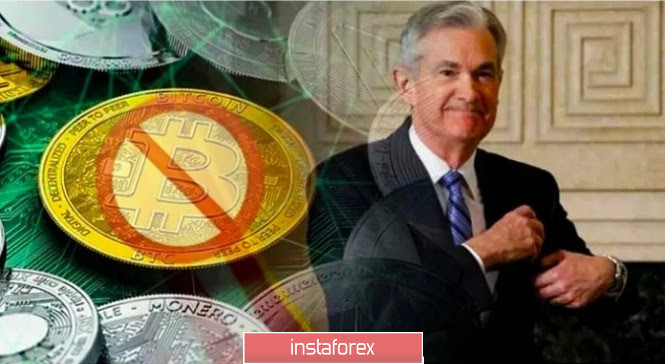
On Monday, Fed Chairman Jerome Powell addressed the issue of digital currency, saying that before completely switching to it, it is necessary to weigh and calculate everything, rather than strive for primacy. This corresponds to the desire to see not only the benefits of CBDC, but also its risks.
"In addition to the advantages, there are many issues on CBDC, both operational and political, which must be foreseen. This includes full protection from fraud, counterfeiting and cyber attacks. Moreover, the question remains about how it will affect the current financial stability and monetary policy of all banks in the world, and what is the likelihood of preventing illegal activity, while maintaining the safety and privacy of users."
So far, the Fed has not made final decisions on this topic, but is an active participant in researching the prospects. It is currently in partnership with other central banks, as well as the Bank for International Settlements.
While most of the projects are still in their early stages, many central banks have switched to higher gears last year, after Facebook announced its plans to create its own virtual token. To add to that, the recent forced quarantines led to an increase in digital payments. The banks fear that they will lose control of the payment system if private currencies, such as those offered by Facebook, become widespread.
China, which is experimenting with digital currency, has publicly stated that it aims to be the first to issue one in order to reduce its dependence on the global dollar-denominated payment system.
In a bid to catch up with China and private projects like Facebook, seven major central banks laid out key principles for issuing CBDCs last week.
 English
English 
 Русский
Русский Bahasa Indonesia
Bahasa Indonesia Bahasa Malay
Bahasa Malay ไทย
ไทย Español
Español Deutsch
Deutsch Български
Български Français
Français Tiếng Việt
Tiếng Việt 中文
中文 বাংলা
বাংলা हिन्दी
हिन्दी Čeština
Čeština Українська
Українська Română
Română

